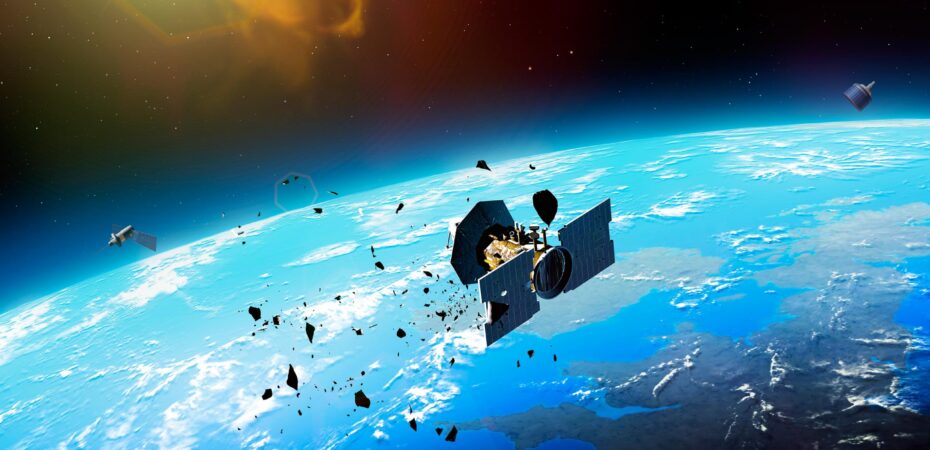New Research Center To Tackle Space Junk Traffic Dangers
With the number of satellites in orbit growing on the daily and the introduction of satellite “megaconstellations” such as SpaceX’s Starlink, monitoring and studying the impact of hazards in orbit, such as space debris, is becoming more important than ever. The focus on space sustainability and preserving the health of the satellites in orbit is becoming stronger than ever. The University of Warwick in the UK is launching a new initiative, the Center for Space Domain Awareness, to “create a critical mass of research” regarding the growing number of orbital dangers, such as space debris and solar winds, in order to make the UK a more “responsible spacefaring nation”. The center is focused on developing new techniques to tackle the growing problem of space debris and ways to reduce the threat it poses to the low Earth orbiting satellites that humanity increasingly depends on for day to day activities. The Global Network on Sustainability in Space (GNOSIS) is a global organization focused on a similar task of combating the risks that space debris, space weather, and congestion pose to the health of our satellite ecosystem.
With this type of information vital to continuing space-based activities for all nations, this information may become the target of hacking attempts by other nation states. While much of this information is considered “educational” and shared across borders, some critical information with defense or military implications could be kept secret and therefore be a possible target. Additionally, nation states may wish to know the minds behind certain types of research and attempt to recruit them. Targeted or phishing scams are often deployed to gain access to this kind of information.
Critical data is most at risk to be impacted here, as the aim of hackers will be critical/restricted data or the recruitment of researchers and academics. However, in the future, as the space debris problem gets worse, our critical space systems face the risk of being severely impacted by this issue, making this research of paramount importance.
